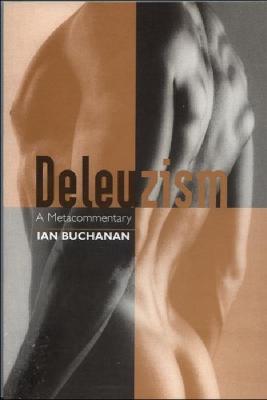Post-Contemporary Interventions
1 total work
Deleuze was a philosopher who offered sharp critiques of - as well as radical alternatives to -psychoanalysis, semiotics, all forms of structuralism and all forms of expressionism. While Deleuze was not a dialectician, as readers of him we must be. The conviction that Deleuze was doing something radically new in his work has accompanied a corresponding anxiety as to how to read it. In this work, Ian Buchanan takes up the challenge of answering the questions: how should we read Deleuze? And, how should we read with Deleuze? He shows us how Deleuze's philosophy works. He offers a clear delineation of Deleuze's way of thought, one that is inseparable from a conception of philosophy as a way of living. Buchanan ranges over the entire Deleuzian corpus engaging with elemental concepts in Deleuze -"the dark precursor", "desire", "flow", "nomad". "the image", "betrayal", becoming-woman" - and shows that despite Deluge's self-declared moratorium against dialectics he was a number of important respects a dialectician.
Offering concrete Deleuzian readings of literary works such as "Wuthering Heights", films such as "Blade Runner", architectural structures such as the Bonaventure Hotel and popular cultural practices, including 80s pop music, Buchanan demonstrates the effectiveness of Deluzian analysis for interdisciplinary cultural critique. Deluzism is a work that should engage all those with an interest in the 20th century's most radical and original philosopher.
Offering concrete Deleuzian readings of literary works such as "Wuthering Heights", films such as "Blade Runner", architectural structures such as the Bonaventure Hotel and popular cultural practices, including 80s pop music, Buchanan demonstrates the effectiveness of Deluzian analysis for interdisciplinary cultural critique. Deluzism is a work that should engage all those with an interest in the 20th century's most radical and original philosopher.
